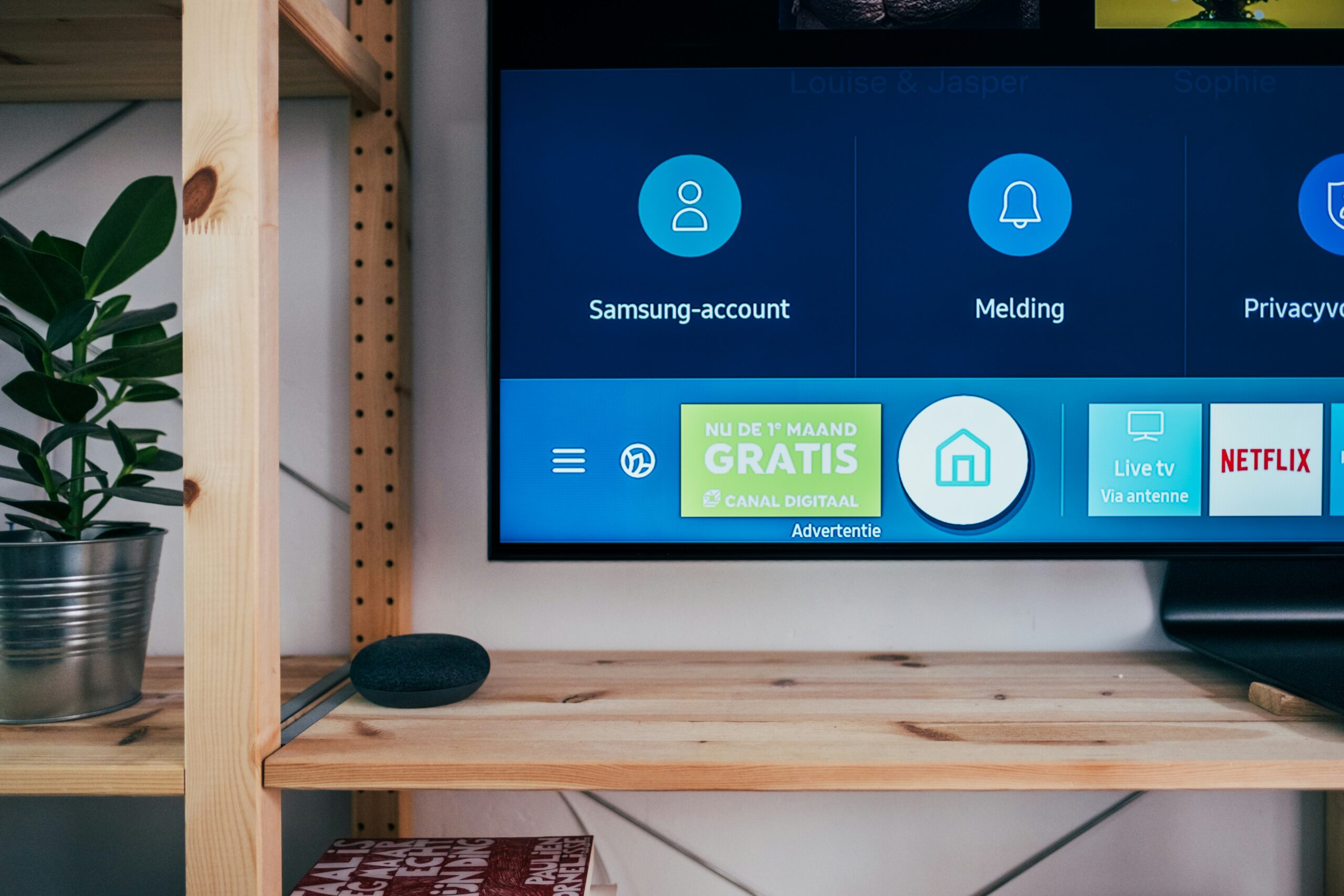
Getting Laid Off From Work: A Practical Guide to Next Steps
“I got laid off from work. Now what?”
Losing your job feels horrible, but since you’ve clicked on this post, we know that you’re ready to move on to something better.
In this article, we’ll cover how you can navigate a layoff that takes care of your financial, mental and physical health – giving you the best chance of securing that next job quickly (and with a hopefully bigger paycheck!)

Getting laid off from work can mean that your company or employer is facing some financial challenges that are beyond their control. It’s like a ship sailing through stormy waters, and they have to make tough decisions to stay afloat.
Unfortunately, one of those decisions is reducing their workforce, and that’s where layoffs come into play.
Now, layoffs can happen for various reasons. Sometimes it’s due to a recession hitting the economy, leaving companies with no choice but to tighten their belts. Other times, it could be industry-wide layoffs, where multiple companies in the same field are facing similar struggles. And let’s not forget the good ol’ lack of available work, where the company simply doesn’t have enough projects to keep everyone employed.
But here’s the thing, being laid off doesn’t mean you did something wrong or that your performance was subpar. In fact, countless talented individuals have been let go during tough times and later went on to achieve remarkable success.
So, don’t worry about this being a red mark on your career. With the insights you’ll read about today, you can still turn this setback into a powerful comeback.
Getting Laid Off vs. Fired: What Is the Difference?
Getting laid off is like being caught in a sudden rainstorm without an umbrella. It happens when your company, due to financial constraints or other circumstances, can no longer afford to keep you on board. It’s not about you personally or your performance — it’s more like a storm that affects everyone.
Getting fired, on the other hand, is like being handed a surprise exit ticket from a roller coaster ride. Unlike a layoff, getting fired happens when your employer decides to terminate your employment due to factors directly related to your performance or behavior.
But what about being furloughed, you ask? It’s like being put on a temporary pause, kind of like when your favorite TV show goes on a mid-season break. When you’re furloughed, your employer asks you to take unpaid time off work, but they have every intention of bringing you back when the storm passes.
Each situation comes with its own set of challenges and emotions. But remember, these temporary setbacks are just that: temporary.
What to Do When You Get Laid Off
1. Set Up a Health Insurance Plan
A good health insurance plan is one of those things we sometimes take for granted until we need it the most. One day you’re flying high with that shiny employer-sponsored plan, and the next, you’re wondering if you can fashion a makeshift band-aid out of office supplies. (We’ve all been there.)
When you’re laid off, it’s even more important to consider your health insurance situation. So, first things first: double-check the duration of your coverage under your previous employer’s plan. You don’t want any surprise gaps in your health protection.
Next, it’s time to explore your options. COBRA insurance can be a good recourse, allowing you to continue the same plan (but beware, it can be pricey). Alternatively, you can take a leap into the world of government healthcare plans or explore private options where discounted rates come plenty.
Just remember, with great health insurance comes great peace of mind, so don’t leave yourself unprotected.
2. Inquire About Severance Pay
When you find yourself being laid off, it’s important to inquire about severance pay. If you’re lucky, your severance can be the financial cushion that helps you bounce back and take your next steps with confidence.
Some companies are downright generous, offering as much as six months’ worth of pay as a parting gift — like a golden parachute that can soften the blow of a layoff and make you feel like you won the lottery (minus the confetti and the TV cameras).
Remember, each layoff story is unique, and severance pay isn’t guaranteed for everyone. But when it does come knocking on your door, it’s like a cherry on top of an already unfortunate situation. So be sure to ask about it.
3. Check on Your Final Paycheck
When you find yourself parting ways due to a layoff, it’s important to follow up on your final paycheck. After all, you’ve put in the work, and you deserve to be compensated for it.
Picture this: you’ve already packed your desk, said your goodbyes, and started dreaming of a life without early morning alarms. But wait, there’s one last thing to do before you ride off into the proverbial sunset — make sure that paycheck finds its way into your bank account.
Checking on your final paycheck ensures that you receive what’s rightfully yours. Unfortunately, not all paycheck stories have a happy ending. That’s why it’s key to be proactive and reach out to the appropriate person to ensure that your hard-earned money lands safely in your pocket.
4. Review Your Pension Plans
Just imagine: you’ve been diligently contributing to your pension, picturing yourself sipping piña coladas on a tropical beach. But with the unexpected turn of events, you need to evaluate how this layoff affects your retirement savings.
When you find yourself facing a layoff, it’s important to review your pension plans and ensure that your retirement dreams stay intact, allowing you to assess the impact of the layoff on your future financial security.
By reviewing your pension plans, you can make informed decisions about next steps. You might discover that your pension remains unaffected by the layoff. Or, you may need to explore alternative retirement options, like adding an extra slice of hustle to your post-layoff life.
Either way, it’s crucial to keep your pension plans in check and ensure that your golden years stay as golden as that Hawaiian sunset you’ve been daydreaming about.
Budgeting is outdated. Build your conscious spending plan to take control of your finances and spend guilt-free on the things you love. Find out how in our FREE guide.
5. File for Unemployment
Unemployment benefits can be your unexpected ray of hope that shines through the gloomy clouds and bounces off your sad morning coffee as you contemplate life after being laid off.
When you get laid off, filing for unemployment is a smart move to cushion the blow and keep your financial ship afloat.
It provides temporary financial assistance while you navigate the uncertain waters of job hunting. Whether it’s covering your rent, grocery bills, or that much-needed Netflix subscription (because self-care matters), unemployment benefits can give you some breathing room until you’re back on your feet again.
6. Ask for a Letter of Recommendation
A powerful letter of recommendation is like a magical document that holds the potential to open doors, dazzle hiring managers, and make you shine.
One option is to tap into the treasure chest of your professional network. Ask your supportive coworkers if they’d be willing to write you a testimonial for LinkedIn. These digital gold nuggets can impress future employers, showcasing your skills, work ethic, and collaborative spirit.
Another option is to reach out to previous employers who witnessed your hard work and talent firsthand. A glowing recommendation letter from them can speak volumes about your character and competence, making you stand out from the sea of applicants.
7. Update Your Resume
When you get laid off, updating your resume is like sharpening your sword for the battles ahead. Even if you’re not actively seeking a new job, it’s wise to freshen up your resume while the memories of your accomplishments are still fresh.
Capture those achievements, skills, and experiences before they drift away like a forgotten island. You never know when a golden opportunity will knock on your door unexpectedly.
By having an updated resume ready, you can seize the moment and dive into exciting new career possibilities rather than sulk over missed opportunities.
8. Consider What You Want to Do Next
Losing your job can be a blessing in disguise, pushing you out of your comfort zone and into a world of endless possibilities.
When you’re in the throes of picking yourself back up after getting laid off, it’s not just about finding another job; it’s about embracing the opportunity to discover new passions, chart unexplored territories, and tap into your potential.
Take this opportunity to reflect on your passions, talents, and dreams. Whether it’s diving into a different industry, starting your own business, or venturing into the world of freelancing, the choice is yours!
Losing your job can be stressful and may mean you are concerned about your money situation. In stressful times, I find these money management tips to be helpful:
Take the Next Step When You’re Ready
Now that you have the tools, the knowledge, and the fire within you, it’s time to take ownership of your life and steer yourself towards bigger and better things instead of waiting for opportunities to knock on your door.
Use this moment to explore alternative avenues of income, to tap into your hidden talents, and to build a life that brings you joy and financial freedom.
If you need expert guidance in unlocking these possibilities, consider these resources to help you uncover what to do when you get laid off:
Want to build a business that enables you to live YOUR Rich Life? Get my FREE guide on finding your first profitable idea.
Written by Ramit Sethi
Host of Netflix's "How to Get Rich", NYT Bestselling Author & host of the hit I Will Teach You To Be Rich Podcast. For over 20 years, Ramit has been sharing proven strategies to help people like you take control of their money and live a Rich Life.



